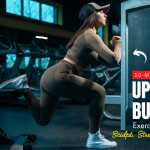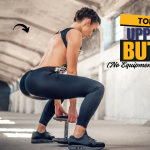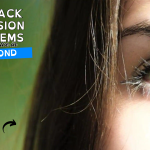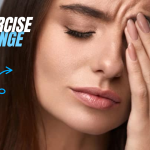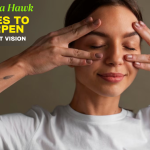Do you ever feel like your chest is caving in after a long day at a desk or scrolling your phone? You’re not alone. In today’s modern world, rounded shoulders, hunched backs, and tight collarbones are all too common. The antidote? A heart-opening, collarbone-liberating yoga flow — and it only takes 7 minutes.
This routine isn’t just about posture. It’s a gentle but powerful way to expand your breath, energize your body, and give your heart space to lead. Whether you’re new to yoga or already in love with your mat, this flow helps you tap into a deeper physical and emotional alignment — through your upper chest, shoulders, and yes, your heart.
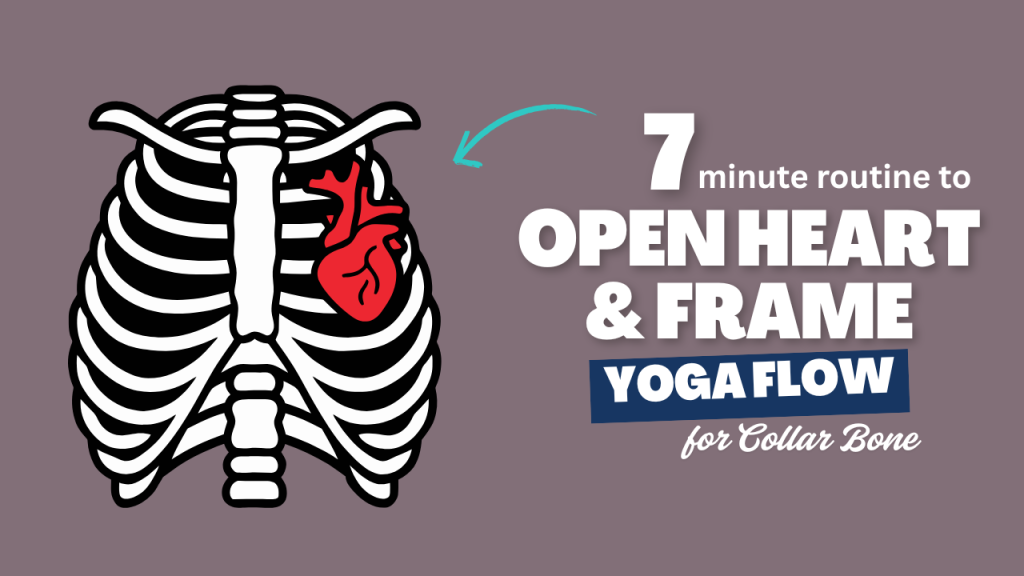
What Can Happen After 30 Days of Collar Bone Yoga Flow
| Benefit | What You May Notice |
|---|---|
| Improved Posture | Upright stance, reduced slouching, more open chest |
| Expanded Chest Mobility | Easier, deeper breathing; greater lung capacity |
| Reduced Shoulder Tension | Less tightness in the traps, deltoids, and upper back |
| Emotional Lightness | Sense of openness, reduced emotional heaviness |
| Better Mind-Body Connection | Increased awareness of posture, breath, and body sensations |
| Boosted Confidence | More poised body language and energized presence |
| Stress Relief | Calmer nervous system, decreased anxiety, and improved sleep |
| Increased Flexibility | Greater range of motion in the chest and shoulders |
| Improved Energy Flow | Better circulation and energetic balance (especially around the heart chakra) |
| Consistent Routine Habits | A sense of discipline and self-care by committing just 7 minutes a day |
Why the Collarbone Matters More Than You Think
The clavicle (collarbone) is the only long bone in the body that lies horizontally. It plays a key role in connecting your arm to the trunk and stabilizing shoulder movement. But here’s what most people don’t realize: tension and tightness around this area can restrict chest expansion, lung capacity, and even create a sensation of emotional heaviness.
Interesting Fact: According to traditional yogic philosophy, the area around the collarbones and heart is considered the seat of Anahata, the heart chakra — associated with compassion, openness, and emotional balance.
When you unlock this area physically, you also support emotional flow and energetic freedom.
7-Minute Collar Bone Yoga Flow
This flow is designed to:
- Gently open the chest
- Activate the upper spine
- Relieve shoulder and neck tension
- Promote deep breathing
- Encourage emotional release
Let’s dive into each posture. Take your time, breathe deeply, and listen to your body.
1. Seated Heart Opener (1 Minute)

How to do it:
Sit cross-legged. Interlace your fingers behind your back and gently pull your knuckles down while lifting your chest. Keep the chin parallel to the ground.
Why it works:
This posture counteracts slouched posture by engaging the upper back and expanding the collarbones.
Myth Buster: Many believe that heart openers require backbends — not true! Even a seated pose can powerfully activate the heart center.
2. Thread the Needle (Right & Left – 1 Minute Total)

How to do it:
Start in tabletop. Slide your right arm under your left armpit and rest your head on the mat. Breathe into the upper back and shoulder. Repeat on the other side.
Why it works:
This pose gently stretches the upper thoracic spine and opens the posterior deltoid and traps — all essential for collarbone freedom.
3. Puppy Pose (1 Minute)
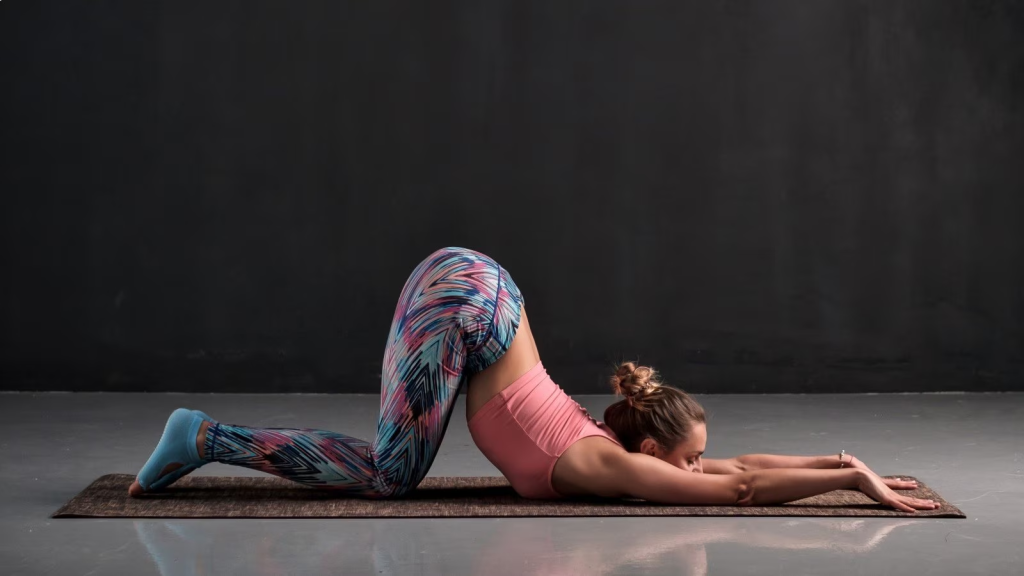
How to do it:
From tabletop, walk your hands forward, keeping hips above the knees. Let your chest melt toward the floor.
Why it works:
Also called Anahatasana (Heart Melting Pose), this is a deep shoulder and upper spine opener. It increases mobility around the collarbones and boosts lung capacity.
Did You Know? This pose is often used in trauma-informed yoga for its grounding, heart-opening benefits.
4. Cobra Pose Variation (1 Minute)

How to do it:
Lie on your stomach. Place palms under shoulders. As you lift your chest, roll your shoulders back and keep elbows soft.
Why it works:
This gentle backbend strengthens the back while expanding the chest — creating space across the collarbones and encouraging diaphragmatic breathing.
5. Eagle Arms in Mountain Pose (1 Minute)

How to do it:
Stand tall in Tadasana. Wrap right arm under left (or vice versa), bringing palms or backs of hands together. Lift elbows to shoulder height and draw hands forward.
Why it works:
It decompresses the shoulder girdle and stretches the rhomboids, traps, and the upper chest.
6. Supported Fish Pose (1 Minute)
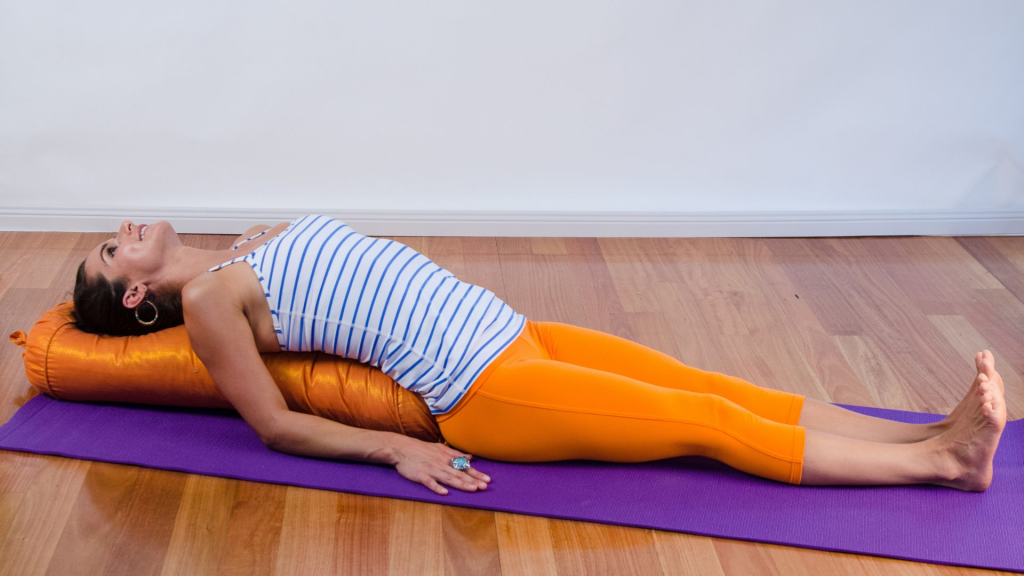
How to do it:
Lie on your back with a yoga block (or rolled towel) under the shoulder blades, arms relaxed. Let your chest gently open.
Why it works:
This restorative pose promotes the natural opening of the collarbones, softens the breath, and relieves tension in the front body.
Quick Tip: Add a few deep sighs here — exhaling tension as you physically and emotionally release.
Final Centering (30 Seconds)
Sit in a comfortable position or lie flat. Place one hand over your heart and the other on your upper chest. Breathe deeply and feel the openness created in just 7 minutes.
Collarbone Care Beyond the Mat
Regular collarbone-targeted yoga:
- Improves posture and spinal alignment
- Increases oxygen intake and lung expansion
- Enhances confidence and presence
- Reduces anxiety by grounding the nervous system
Do You Know? Research shows that postural changes (like opening the chest and collarbones) can improve mood and reduce cortisol — the stress hormone.
Conclusion: Reclaiming Space in Your Body and Life
The collarbone area is more than bone and muscle — it’s a crossroads of movement, emotion, and breath. Taking just 7 minutes daily to honor this space can shift your posture, mindset, and energy.
So the next time life feels heavy, roll out your mat, lift your heart, and let this collarbone flow remind you: you are built to expand — physically and emotionally.
Frequently Asked Questions (FAQs)
Can I do the collar bone yoga flow every day?
Yes, absolutely. This routine is gentle and restorative enough to be practiced daily. In fact, daily repetition can help improve posture, increase chest mobility, and enhance your breathing patterns over time.
Is this flow suitable for beginners?
Yes, it’s designed with all levels in mind. The poses are beginner-friendly, and no prior yoga experience is necessary. Just focus on your breath and move at your own pace.
Do I need any equipment for this routine?
You don’t need any specialized equipment. However, a yoga mat and a block or rolled towel can provide extra support and enhance your comfort, especially in poses like Supported Fish or Puppy Pose.
What’s the best time of day to do this routine?
Anytime that fits your schedule. Many people find it especially helpful in the morning to energize the body, or in the evening to counteract the effects of poor posture from sitting all day.
How does this flow help with posture?
By targeting the chest, upper back, and shoulders, this flow encourages the natural lift of the sternum and gentle retraction of the shoulders — helping reverse forward hunching and promoting upright, open posture.
Can this routine help relieve anxiety or stress?
Yes. Opening the chest and collarbone area encourages deep breathing and activates the parasympathetic nervous system. This can help reduce feelings of stress and promote emotional balance.
Will I gain flexibility with this routine?
Over time, yes. Regular practice can improve flexibility in the shoulders, chest, and upper spine — all essential for comfortable movement and better alignment.
What if I feel discomfort in my shoulders or neck?
Mild stretching sensations are normal, but sharp pain is not. If you experience discomfort, ease out of the pose, modify with props, or skip it altogether. Listening to your body is key.
Can I combine this with other yoga practices?
Definitely. This flow pairs well with grounding sequences, core activation, or meditation. It can serve as a warm-up, cool-down, or standalone practice.
Is there an emotional benefit to this flow?
Yes. According to yogic tradition, opening the collarbone and heart area helps release stored emotions and enhances compassion, self-love, and emotional resilience.

